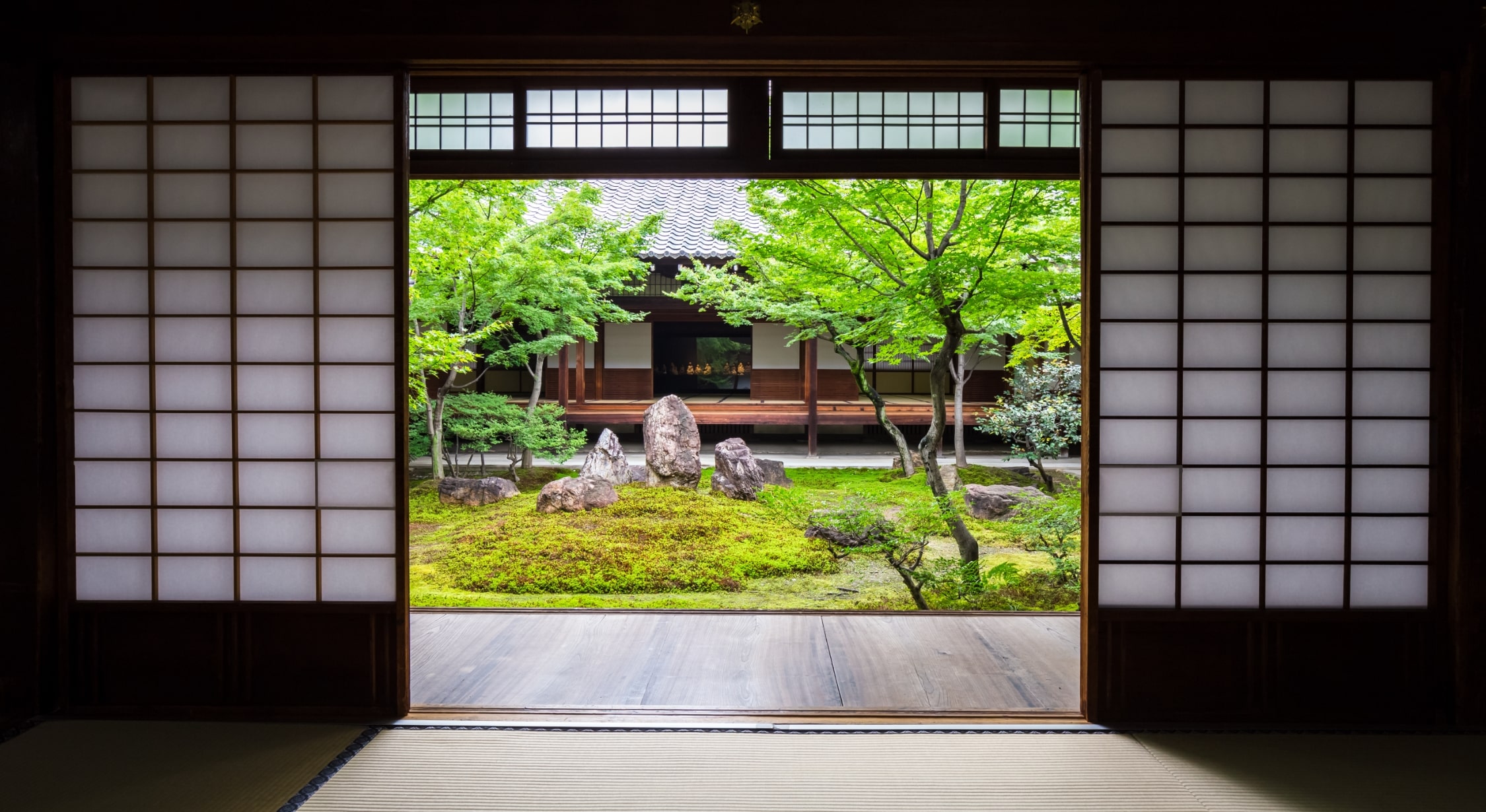Developing Psychotherapeutic Approaches Based on Japanese Cultural Experiences
Drawing from aesthetic and embodied experiences rooted in Japanese culture—such as fireworks, nature, tea ceremony, and martial arts—we aim to extract elements that contribute to psychological and physical healing. These are then integrated into digital tools (e.g., virtual reality, mobile applications) to develop innovative methods for enhancing well-being.


